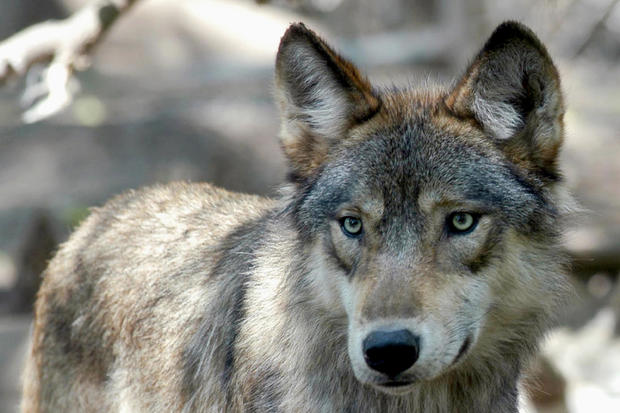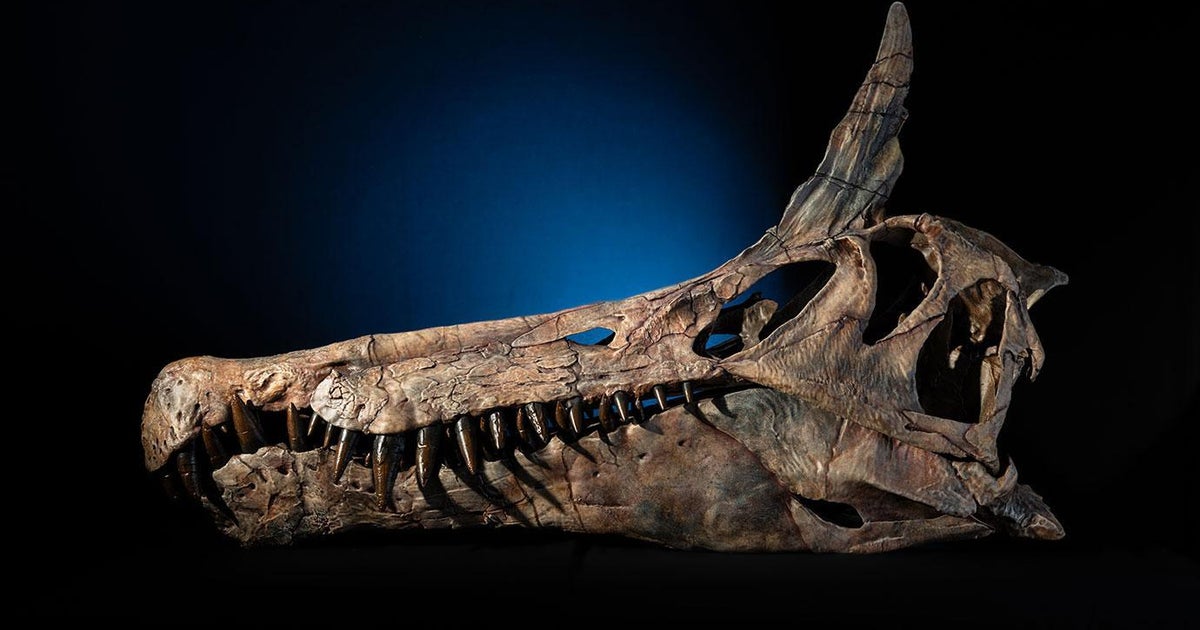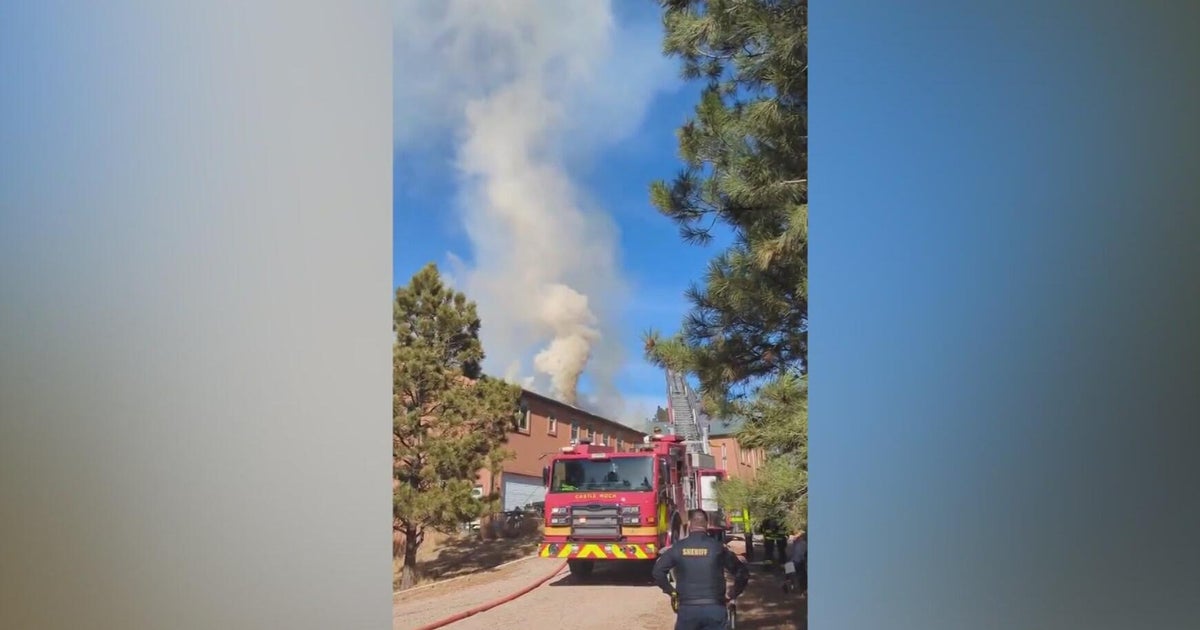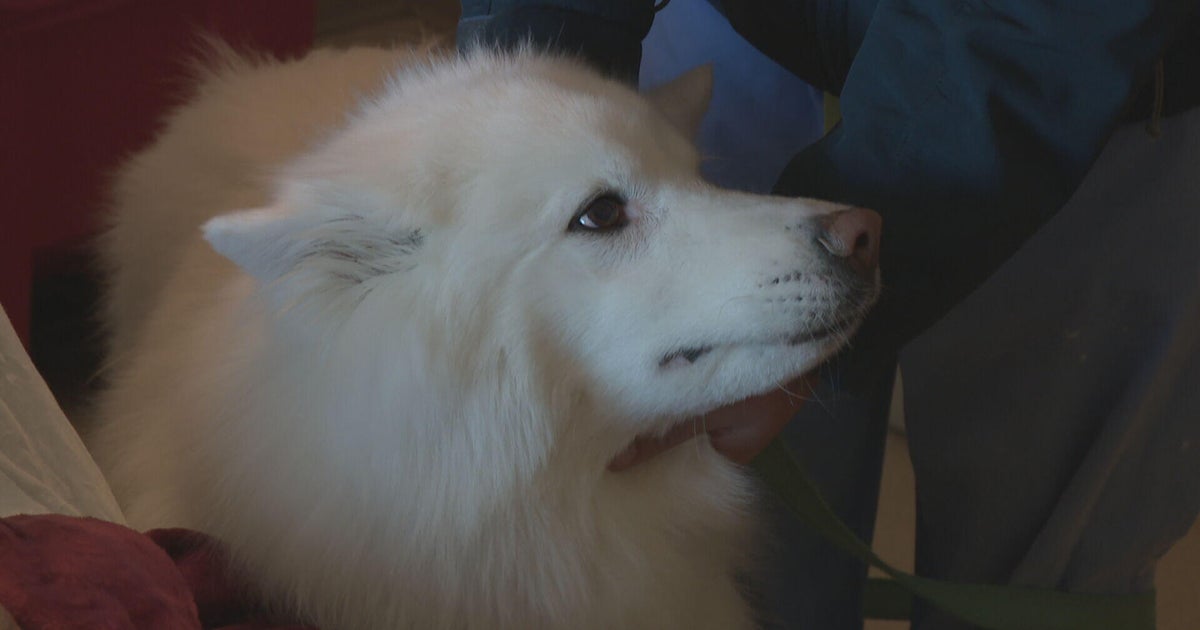Carnivore coexistence team working to help smooth wolf reintroduction in Colorado
Wolf reintroduction to Colorado is imminent, and while Colorado Parks and Wildlife put the finishing touches on the plan, a team over at Colorado State University is working to make sure things go as smoothly as humanly possible.
Kevin Crooks, a professor in the fish, wildlife and conservation biology department at CSU and director of the Center for Human Carnivore Coexistence, has been studying carnivores of all kinds for years. He's been tapped to help make sure the reintroduction of wolves into Colorado's high country and Western Slope is the least dangerous for the wolves, along with the humans and livestock in those areas.
His carnivore coexistence team has been working to educate ranchers in Colorado with information from ranchers in places that already have wolves like Montana. They've also brought ranchers from Montana down to Colorado specifically to speak with them and teach them what they've learned so far.
RELATED: CPW still trying to figure out where wolves who will be reintroduced in Colorado will come from
A lot of the tactics presented are things we have heard Colorado Parks and Wildlife try to help ranchers with before: range riders, flagging and removing dead livestock from the area as soon as possible. Still, there's an entire aspect of human-wolf conflicts they're tackling that they said is the largest issue Colorado has; a divided and hotly contested public opinion.
"It's actually conflict among people," Crooks said. "Conflict among different stakeholder groups that have very differing opinions about wolves. It's what we call social conflict."
That social conflict plays into the cultural response we have towards the animals, for either people supporting wolves, or wishing they never came back. When tempers flare, rash decision-making can lead to the death of wolves. By helping people on different sides of the issue find common ground, Crooks said we can be better prepared for any challenges the wolves could pose when they are reintroduced over the next three years.
Part of that comes from understanding what is at stake for each person invested. For fans of wolves, Crooks said it's not just about being an animal lover or a conservationist. Wolves have a huge cultural significance too.
"When people argue about wolves, they're sometimes arguing about livelihood and tradition and ethics," Crooks said.
The same can go for ranchers in areas where the wolves will be dropped. It's not just a money issue regarding killed livestock, it's also a fear-based thing.
"There can also be what we call indirect losses," Crooks said. "When wolves move in and attack or stress livestock, that might result in reduced weight gain or it might result in reduced reproduction."
Then there's the potential loss of pets as well.
Crooks said the saving grace in this conversation is that he believes the amount of issues with wolves and Coloradans should be few and far between. While it's incredibly important to prepare for the folks who are affected, Crooks said he does not expect it to be as big a deal as it may feel like.
"Most ranchers in the state of Colorado won't experience direct conflict with wolves," Crooks said. "But some ranchers will."
RELATED: Wolf reintroduction plan passes final draft
Making sure those interactions are as limited as possible is the goal -- both to keep wolves safe and alive, and protect ranchers and their livestock (not to mention the odd camper in the woods). Considering the vote demographics of 2020 that set the whole thing in motion, Crooks said it's a good opportunity for the people who voted for wolves to be reintroduced into a part of Colorado they may only visit to help make sure the reintroduction goes as well as possible.
"It was fairly easy for people in the front range to say, yeah, we want wolves in the state and we want them up in the mountains, right?" Crooks said. He also acknowledged there are pockets of voters like those in Vail and Aspen who largely voted for the reintroduction of wolves that could also be in the area where they will be reintroduced.
If you are interested in helping the project with a donation, you can do so here.









